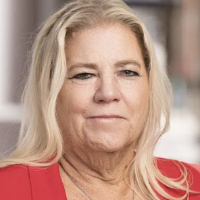Latah Divorce & Family Law Lawyer, Washington
Julie A. Twyford
✓ VERIFIEDDivorce & Family Law, Criminal
Julie Twyford has built her life around helping people. For 40 years she has dedicated her life to the law, and the pursuit of equality and fairness. ... (more)
Stanley A. Kempner
Employment, Divorce, Divorce & Family Law, Discrimination
Status: In Good Standing
Gary J. Gainer
Family Law, Adoption, Divorce & Family Law, Children's Rights
Status: In Good Standing
FREE CONSULTATION
CONTACTMartin A. Peltram
Health Care, Family Law, Civil Rights, Medical Malpractice
Status: In Good Standing
John Burke
Estate Planning, Collaborative Law, Family Law, Divorce & Family Law
Status: In Good Standing
FREE CONSULTATION
CONTACTFREE CONSULTATION
CONTACT



